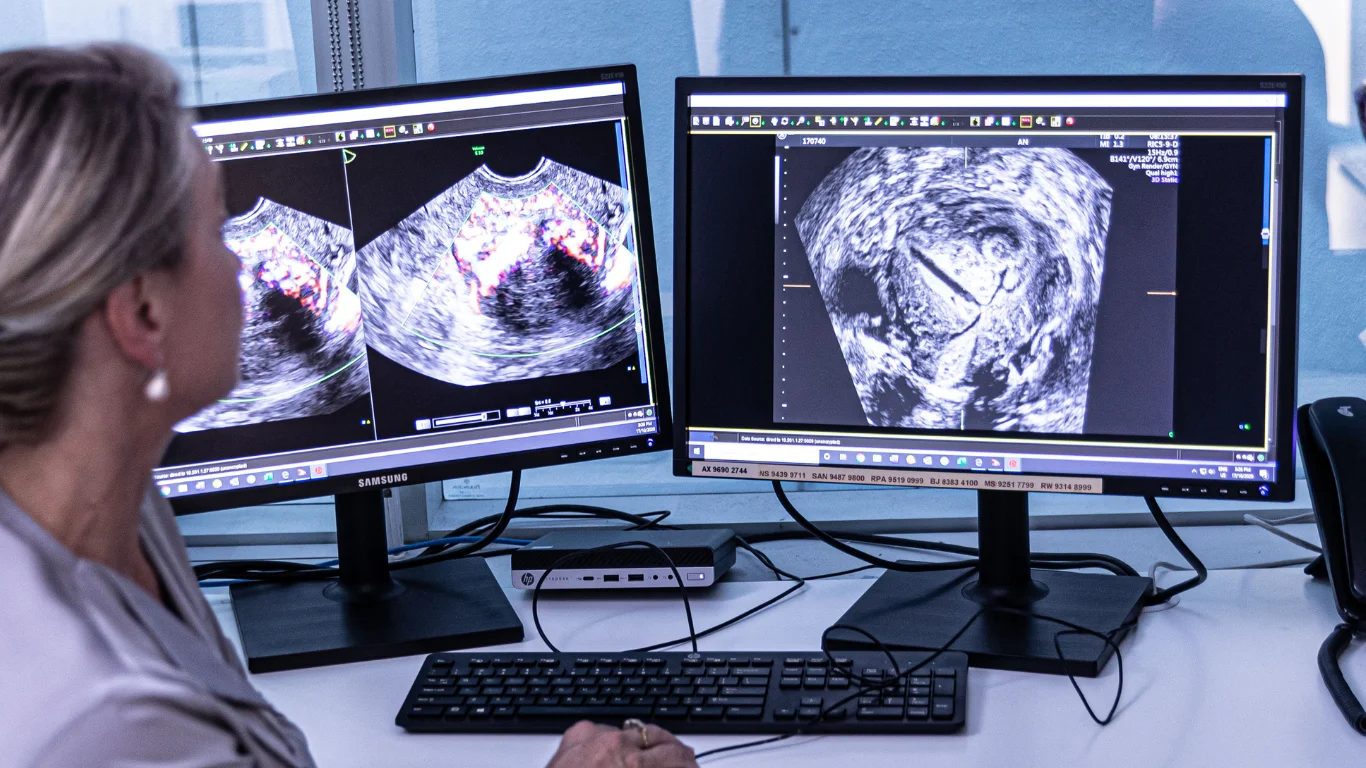Carrier screening and Non-Invasive Prenatal Testing (NIPT) are both DNA tests that offer valuable insights for prospective parents, but they differ in their purpose, timing, and the type of information they provide. Carrier screening is typically performed before or early in pregnancy to assess whether parents carry genetic conditions that may be passed onto the baby, as well as to any of their future pregnancies. In contrast, NIPT is conducted during pregnancy to screen for specific chromosomal conditions in the developing baby. Understanding the differences between these tests can help parents make informed decisions about their prenatal care.
Carrier Screening
Carrier screening is a genetic test performed before or during pregnancy to determine if individuals or couples are carriers of specific genetic conditions. Carrier parents typically have no symptoms but can pass on faulty genes to their children, potentially leading to genetic disorders. There is usually no family history for babies that are born with these types of conditions. The primary goal of carrier screening is to assess the risk of having a child with a genetic condition, allowing for informed reproductive decisions.
Non-Invasive Prenatal Testing (NIPT)
NIPT, also known as Non-Invasive Prenatal Screening (NIPS), is a test conducted during pregnancy to screen for certain chromosomal abnormalities in the fetus, such as Down syndrome (Trisomy 21). This test analyses cell-free fetal DNA present in the mother’s blood, making it a safe and non-invasive option. NIPT can also determine the sex of the fetus, if desired.
Key Differences
- Timing: Carrier screening is ideally performed before conception or early in pregnancy, whereas NIPT is conducted during pregnancy, typically after the 10th week.
- Purpose: Carrier screening assesses the risk of parents passing on genetic conditions to their offspring. In contrast, NIPT evaluates the likelihood of the fetus having specific chromosomal abnormalities.
- Methodology: Carrier screening involves analysing the parents’ DNA, while NIPT examines DNA from the baby’s placental tissue circulating in the mother’s bloodstream.
- Scope: Carrier screening focuses on identifying parental carrier status for specific genetic conditions, whereas NIPT screens for chromosomal anomalies in the fetus.
Both tests play important roles in prenatal care by providing information to expectant parents. Consulting with healthcare professionals can help determine which tests are appropriate based on individual circumstances and family history.
At Ultrasound Care, our team of specialist Obstetricians and Genetic Counsellors are experts in prenatal diagnosis and ultrasound. They provide guidance and support to help you navigate your testing options with confidence.






